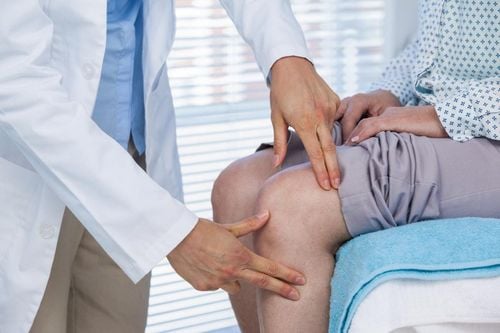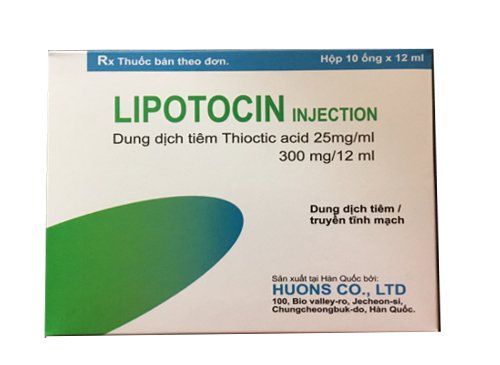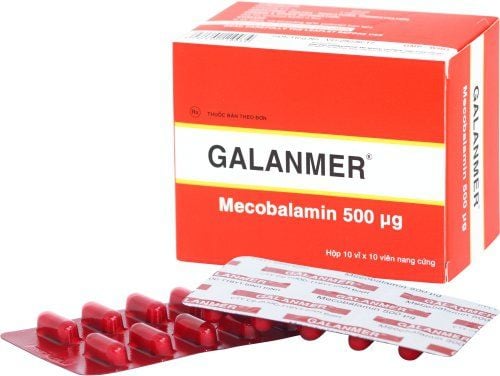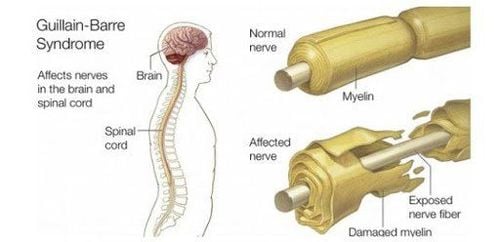This is an automatically translated article.
Guillain Barre syndrome is a peripheral neuropathy. This disease is rare and the course of the disease is difficult to predict. The initial symptoms of the disease are tingling sensations and weakness in the body. However, if not detected and treated in time, the disease can lead to dangerous complications such as respiratory failure, heart attack ..., and even death.1. Guillain-Barre syndrome
Guillain Barre syndrome is a rare disorder in which the body's immune system attacks the nerves. The first symptoms seen in this syndrome are weakness and tingling in the extremities. These sensations can quickly spread and eventually paralyze the entire body. Most people with this condition need to be hospitalized to receive treatment.
The main cause of Guillain Barre syndrome is still not clear. However, it precedes an infectious disease such as a respiratory infection or the flu.
There is no cure for Guillain Barre syndrome, but there are some treatments that can relieve symptoms and reduce the duration of the disease. Most people with Guillain Barre syndrome recover, but some people experience long-term effects of the syndrome such as weakness, numbness, or fatigue.
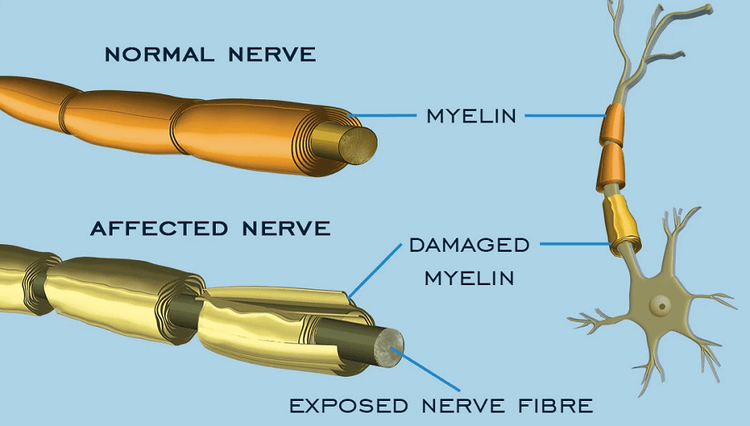
Hội chứng Guillain Barre
2. Symptoms of Guillain Barre Syndrome
Guillain-Barre syndrome usually begins with a tingling sensation and weakness. Initially in the feet and legs, then spread to the upper body and arms. Of those with this syndrome, about half have symptoms that begin in the arms and face. As Guillain Barre syndrome develops, muscle weakness can progress to paralysis.Common signs and symptoms of Guillain Barre syndrome:
Tingling, prickling sensation in fingers, toes, ankles or wrists. Loss of sensation in the legs and may spread to the whole body Unsteady walk or inability to walk or climb stairs. Difficulty moving eyes or face including: speaking, chewing, swallowing. Severe pain or cramping at night. Difficulty controlling bladder or bowel function Tachycardia . High or low blood pressure Difficulty breathing
3. Types of Guillain Barre syndrome
Acute polyneuritis (AIDP). This is a common form with muscle weakness that begins in the lower body and then spreads upward. Miller Fisher syndrome (MFS) with paralysis that begins in the eye. This syndrome is also associated with gait instability and occurs in about 5% of people with Guillain Barre syndrome. Acute motor neurone disease and acute sensory neuropathy. This is a less common disease.
4. Risk factors for Guillain-Barre . syndrome
Infection with Campylobacter - bacteria commonly found in undercooked poultry Influenza virus Cytomegalovirus virus Zika virus Hepatitis A, B, C and E HIV or AIDS Mycoplasma pneumonia Surgery Liver cancer

Ung thư gan là yếu tố gây hội chứng Guillain Barre
5. Complications of Guillain Barre's Syndrome
Guillain Barre syndrome affects the nerves. People with this syndrome often have complications such as:Shortness of breath. The paralysis can spread to the muscles that control breathing. This is a potentially fatal complication. Up to 30% of people with Guillain Barre syndrome need temporary help from a ventilator when they are hospitalized. Numbness or other sensations. Most people with Guillain Barre syndrome either make a full recovery or only experience numbness or tingling. Cardiovascular and blood pressure. The common effect of Guillain Barre syndrome is irregular heart rate and blood pressure fluctuations ( arrhythmia ) Painful sensations . Up to 1 in 2 people with Guillain Barre syndrome have severe nerve pain that can be relieved with medication. Problems with bowel and bladder function. Intestinal sluggishness and urinary incontinence are the result of Guillain Barre syndrome. Blood clot . People who are immobilized due to Guillain Barre syndrome are at increased risk of blood clots forming. This condition will be relieved if the patient is able to walk on his own or can take blood thinners. Pressure ulcers. Being immobile puts the body at risk of developing canker sores (pressure sores). Regularly changing positions can avoid this situation. Disease recurrence. About 3% of people with Guillain Barre syndrome will experience a relapse. Severe symptoms of Guillain-Barre syndrome can greatly increase the risk of serious complications. Although rare, death can still occur from complications of respiratory distress syndrome and heart attack.
To register for examination and treatment at Vinmec International General Hospital, you can contact Vinmec Health System nationwide, or register online HERE
Reference source: Mayoclinic.org
SEE MORE:
Learn about Guillain - Barre syndrome (acute polyneuritis) Guillain - Barre syndrome in children: What you need to know is polyneuritis dangerous? How to resolve?




